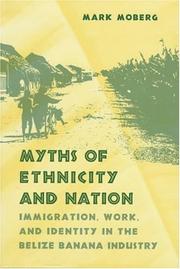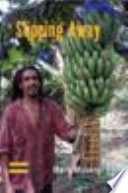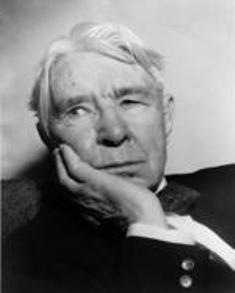
Mark Alfred Moberg
Born: 1959 in Palatine, Illinois
Pen Name: Mark Moberg Connection to Illinois: He was born in Palatine, Illinois. Biography: Mark Moberg is a conference participant, a teacher of classes for school children and senior citizens, a public speaker, he appears as a guest on media programs. He is the President for the Quest for Social Justice, Inc. He is a professor of anthropology at the University of South Alabama. He has conducted field research in St. Lucia, Belize, and Alabama.
Awards:
Website: http://www.southalabama.edu/syansw/mmobergvita.html
Mark Alfred Moberg on WorldCat : http://www.worldcat.org/search?q=mark+alfred+moberg
Selected Titles
| Citrus, strategy, and class : ISBN: 1587291541 OCLC: 44964083 University of Iowa Press, Iowa City, IA : 1992. "Citrus, Strategy, and Class examines two decades of significant socioeconomic change in rural Belize. Mark Moberg draws on his extensive field research in two villages of Stann Creek district, supplementing and contrasting his findings with earlier ethnographic data from the same locales. The result is an unusual portrait of village societies in transition that documents the shifting basis of household economies from subsistence agriculture to citrus farming for export markets." "With direct yet sophisticated prose, Moberg illustrates how the rural poor manipulate economic strategies and powerful outsiders as they become involved in production for the world market. In Silk Grass, where residents first planted citrus trees in the 1960s, the effects of world commodity markets were dramatically evident two decades later: increasing demand and escalating prices have enriched citrus farmers, but pronounced stratification now crosscuts the once nearly egalitarian village. Residents of Hopkins, seeking to emulate the outward success of their neighbors, organized a cooperative to circumvent their income limitations and gain access to development grants. Now, given the cooperative's political basis and the stratifying effects of citrus production, social classes are rapidly supplanting factional divisions." "Moberg employs early ethnographic accounts, household surveys from 1971 and 1986, and detailed life histories to analyze these socioeconomic changes from a longitudinal perspective rare in community studies of rural development. He situates economic strategies within the constraints and incentives of world markets, national food and marketing policies, and local-level politics. Examining the efforts of the rural poor to actively pursue their interests, Moberg documents their often successful efforts to define the local consequences of world markets." |
|
 |
Myths of ethnicity and nation : ISBN: 087049970X OCLC: 36074473 University of Tennessee Press, Knoxville : ©1997. In this study, Mark Moberg examines the conflicts in Belize's ethnic and national identity by focusing on their effects and manifestations in the country's banana export industry. |
 |
Slipping away : ISBN: 1845451457 OCLC: 213307735 Berghahn Books, New York : 2008. "During the 1990s, the Eastern Caribbean was caught in a bitter trade dispute between the US and EU over the European banana market. When the World Trade Organization rejected preferential access for Caribbean growers in 1998 the effect on the region's rural communities was devastating. This volume examines the "banana wars" from the vantage point of St. Lucia's Mabouya Valley, whose recent, turbulent history reveals the impact of global forces. The author investigates how the contemporary structure of the island's banana industry originated in colonial policies to create a politically "stable" peasantry. followed by politicians' efforts to mobilize rural voters. These political strategies left farmers dependent on institutional and market protection, leaving them vulnerable to any alteration in trade policy. This history gave way to a new harsh reality, in which neoliberal policies privilege price and quantity over human rights and the environment. However. against these challenges, the author shows how the rural poor have responded in creative ways, including new social movements and Fair Trade farming, in order to negotiate a stronger position for themselves in a shifting global economy."--Jacket. |




.jpg)